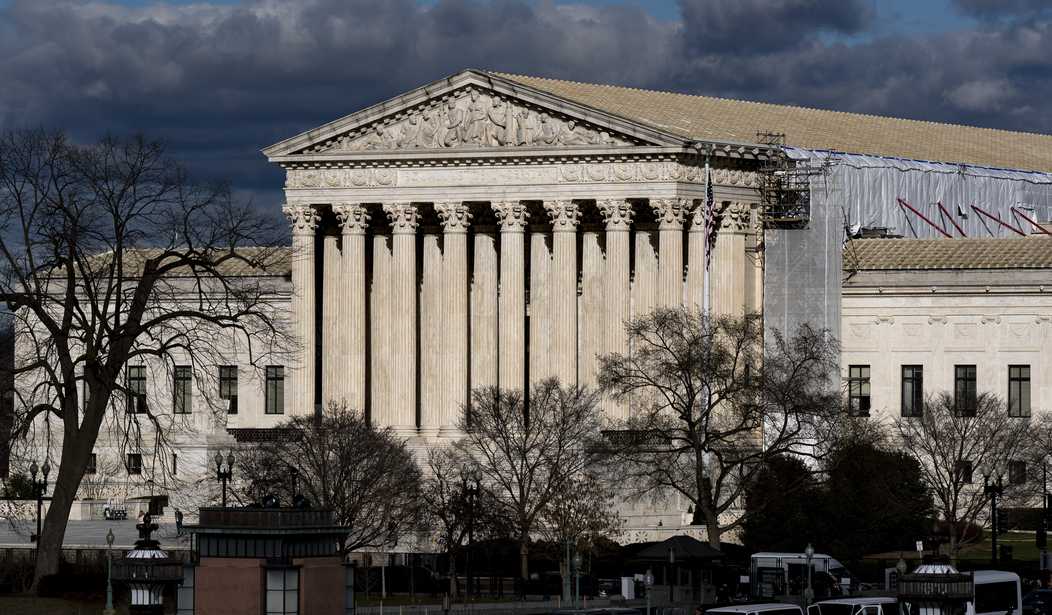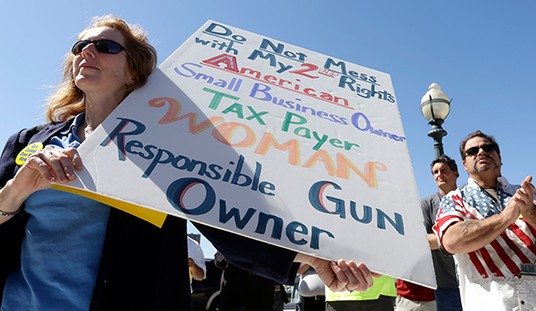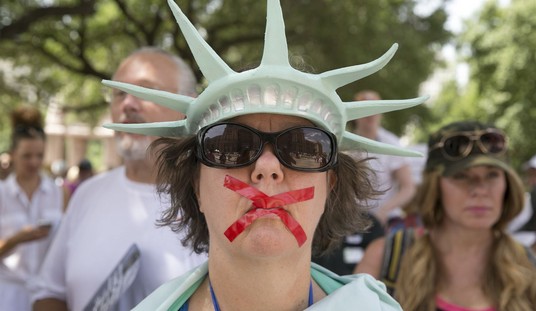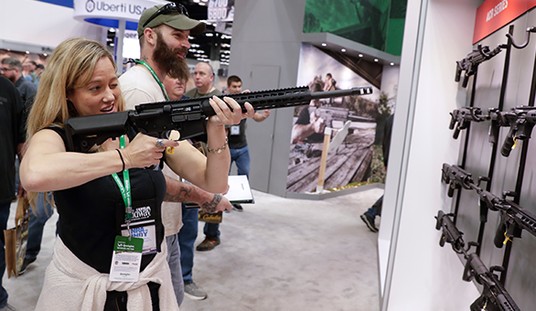The Supreme Court has turned away a challenge to the federal statute prohibiting illegal aliens from possessing firearms, but did not take action on two other cert petitions dealing with gun bans for those convicted of crimes punishable by more than a year in prison.
The Court denied cert, without comment, to Carbajal-Flores v. United States in its orders list released on Monday morning. That case, along with Vincent v. Bondi and Duarte v. U.S., were all heard during the justice's conference last Thursday.
In Carbajal-Flores, the Court was asked to consider whether 18 U.S.C. § 922(g)(5)(A), which prohibits firearm possession by all "unlawfully present noncitizens", was unconstitutional in all respects or, if not, whether the "government must demonstrate that the individual is dangerous before disarmament is permissible."
The case involved Heriberto Carbajal-Flores, a resident of Chicago who is now a lawful permanent resident, but was apparently not at the time he was arrested for illegally carrying a gun during what his attorneys called "an infamous night of unrestin Chicago after the murder of George Floyd in 2020."
Though a district court found that Carbajal-Flores "presented none of the indicia of 'dangerousness' or disloyalty historically associated with disarmament," the federal government appealed and the Seventh Circuit overturned the initial ruling. Carbajal-Flores then appealed to the Supreme Court, but now that his case has been rejected prosecutors are free to go after him once more.
Carbajal-Flores' attorney had argued that there's a circuit court split on as applied challenges to 922(g)(5)(A), with the Fifth Circuit and Eighth Circuit allowing for individualized review regarding someone's dangerousness and whether unlawfully present noncitizens fall within “the people” protected by the Second Amendment. Despite that, the Court appears willing to let those circuit court splits develop, even if it means defendants in the Seventh Circuit can't raise an as-applied challenge to their cases going forward.
Meanwhile, the justices took no action on a pair of cases dealing with a different section on 922(g). Vincent v. Bondi and Duarte v. U.S. both challenge 922(g)(1)'s prohibition on gun ownership for anyone convicted of a crime punishable by more than a year in prison. There are multiple disagreements in the appellate courts over whether that statute is facially constitutional or whether it requires and individualized finding of dangerousness, but the justices are also considering a similar question in the Hemani case, which challenges 922(g)(3)'s prohibition on "unlawful" drug users possessing firearms.
It's possible, if not likely, that SCOTUS will keep Vincent and Duarte on ice until after Hemani has been decided, and then remand the cases back to the lower courts for a do-over in light of what the Hemani opinion says. The DOJ has encouraged the Supreme Court to simply deny cert to both cases, arguing that Melynda Vincent and Stephen Duarte can apply to the Attorney General to have their rights restored once a proposed rule on rights restoration takes effect, and it's also possible that the Court will keep ahold of those cases until that rule is officially in place.
The Court won't hold its weekly conference this week because of the Thanksgiving holiday, but it's slated to consider several hugely important cases at its December 5 conference; Duncan v. Bonta and Gator's Custom Guns v. Washington, which deal with state-level bans on commonly owned "large capacity" magazines, and Viramontes v. Cook County, a challenge to the ban on so-called assault weapons put in place by Democrats in Cook County, Illinois. The Court could also re-list Vincent and Duarte for next week's conference along with several other cases dealing with gun bans for under-21s that have previously been considered in conference but have received no action from the justices.
There are already two Second Amendment cases that will be addressed this term; the Hemani case that I previously mentioned and Wolford v. Lopez, which is a challenge to Hawaii's default carry ban on all private property. Given the circuit court splits involved in both the under-21 and 922(g)(1) cases, as well as the fundamental importance of addressing bans on commonly owned magazines and firearms, I'm hopeful that we'll see SCOTUS greenlight at least three others, but the odds of that happening are honestly pretty low.
Editor's Note: Second Amendment advocates are doing everything they can to protect our Second Amendment rights and right to self-defense.
Help us continue to report on their legal and legislative efforts.. Join Bearing Arms VIP and use promo code FIGHT to get 60% off your VIP membership.









Join the conversation as a VIP Member